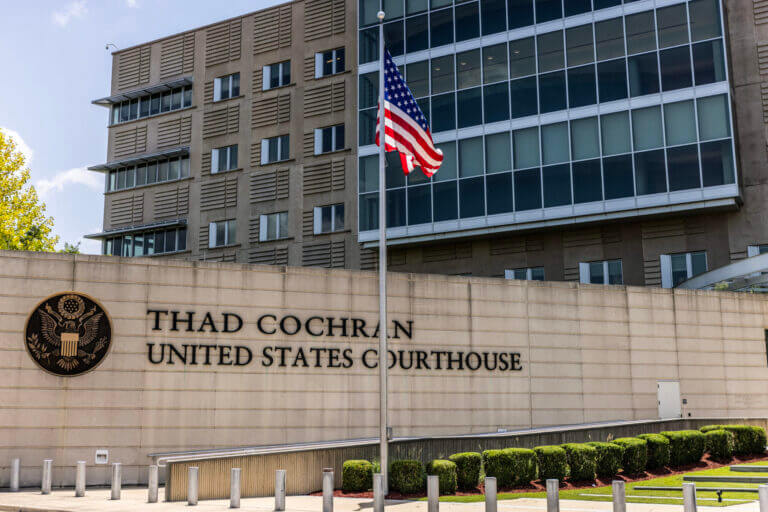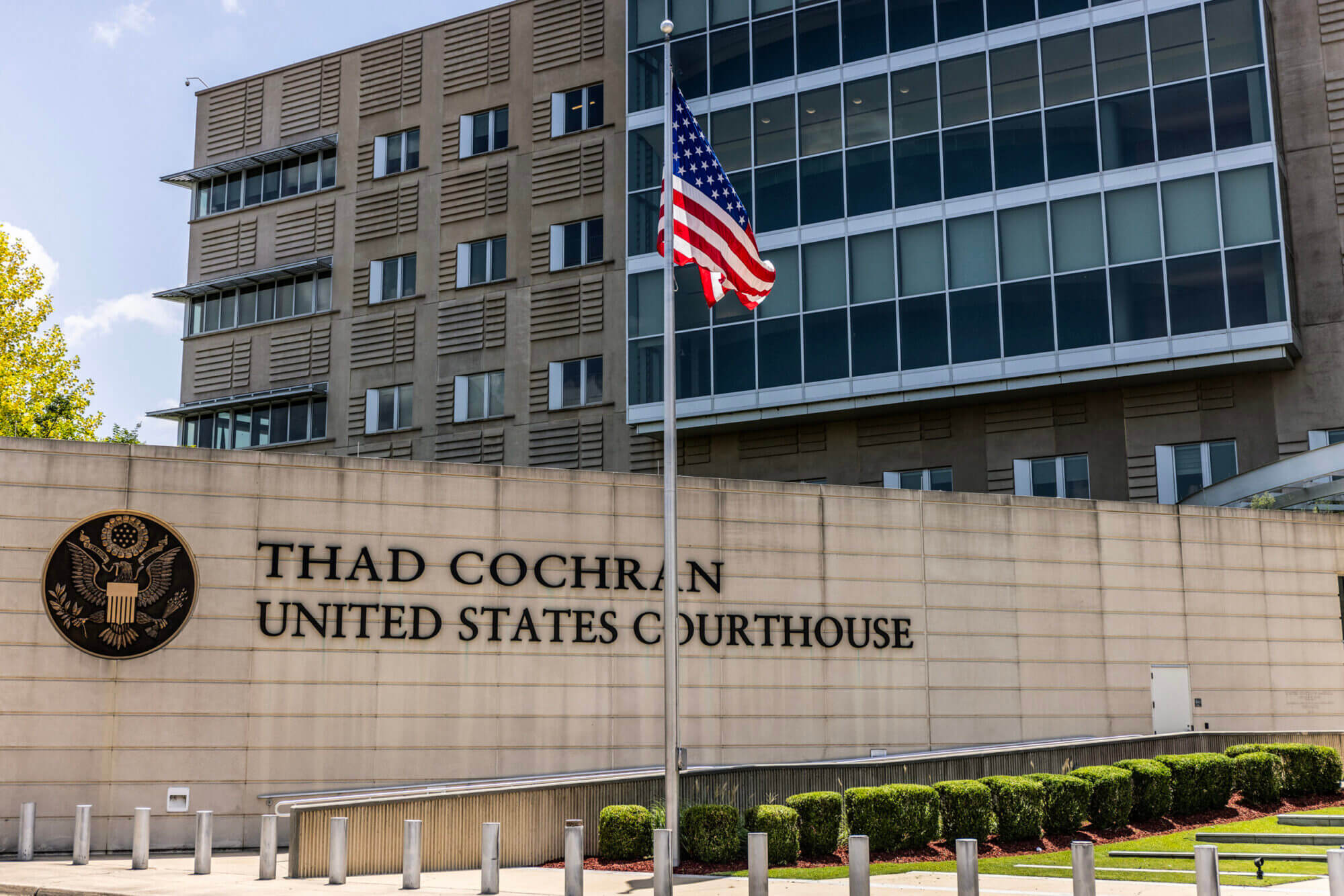

The state law that bans diversity, equity and inclusion programs in Mississippi public schools and universities has been blocked for the foreseeable future.
U.S. District Judge Henry T. Wingate granted a preliminary injunction in the case on Monday, which prevents the law from being enforced until there’s a final ruling. Wingate previously granted a temporary restraining order in late June, which expired Monday.
“(The law), if it lives down to the fears it has generated, has a mouthful of sharp teeth which could inflict deep bites,” Wingate wrote in his order.
Joshua Tom, legal director at the American Civil Liberties Union of Mississippi and one of the lawyers in the case, said in a statement that he was “pleased” with Wingate’s ruling.
“The State’s attempt to impose its preferred views — and ban opposing views — on Mississippi’s public education system is not only bad policy, it’s illegal, as the court has preliminarily found today,” he said.
Lawyers for the plaintiffs, including professors, parents and students, and lawyers from the state attorney general’s office met in court in early August to make their cases for and against the preliminary injunction.
The plaintiffs’ attorneys argued that House Bill 1193 violates the First and Fourteenth amendments to the U.S. Constitution by prohibiting discussions about race, sex, gender identity and sexual orientation in classrooms, and that the law was dangerously vague, potentially opening the gates to a flood of complaints against educators and students.
They said the law would ban discussions and books about the Civil War, women’s rights and slavery, and other topics that are essential to understanding the country’s history.
Witnesses called to the stand testified that the law was having a “chilling” effect, just weeks before classes were set to start at colleges across the state. Professors from the University of Mississippi said the policy was preventing them from finalizing their syllabi.
A Jackson Public Schools parent said the law made her scared for her children, worried that if they shared too much about their home life, they would be punished in some way — the process for “curing” violations was unclear to witnesses.
Attorneys from the state attorney general’s office, whose argument centered around the plaintiffs’ “overwrought” reading of the statute and public employees’ lack of First Amendment rights, did not present enough evidence to counteract the plaintiffs’ claims, Wingate said. He wrote in his order that the witnesses’ testimonies were enough to justify a preliminary injunction.
“It is an enormous relief that the court has sided with academic freedom, free speech, and due process in its recent decision,” said Deanna Kreisel in a statement. Kreisel is an associate English professor at the University of Mississippi and a member of the United Campus Workers, one of the plaintiffs in this case.
“The fight is not over, but at least for the time being, the students of Mississippi can continue to learn in an environment free of ideological constraints and partisan censorship,” Kreisel said.
Wingate’s ruling preventing state officials from enforcing the law will be in effect until the overall litigation is concluded. Attorneys for the plaintiffs and the state defendants will now move to discovery, where they collect evidence before a bench trial.
After Wingate conducts the trial, he will issue a final ruling. An aggrieved party can appeal Wingate’s ruling to the conservative U.S. 5th Circuit Court of Appeals.
Mississippi Today reporter Taylor Vance contributed to this article.